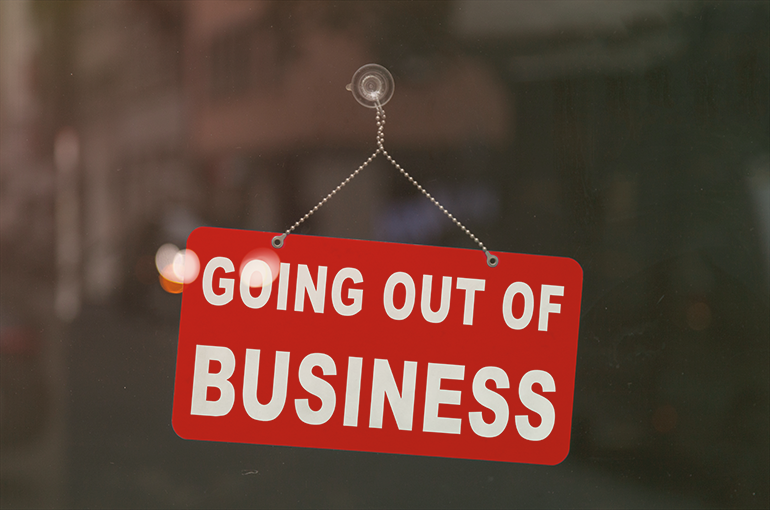
- FR
- EN
For investors, detecting zombie companies, despite the opacity created by grants and subsidies, will be key.

The past decade has been characterized by an ultra-low yield environment and the easing of credit standards by banks.
This has created all the right conditions for the development of zombie companies. There are several definitions of zombie firms, but basically, they are companies whose profits cannot cover their debt servicing costs over a prolonged period of time. Companies over ten years old, with an interest coverage ratio below one for three consecutive years, can be considered zombie companies. When you look at the data compiled by the Bank for International Settlements (Banerjee and Hofmann), it’s clear that the number of zombie companies in developed countries has increased significantly over the past decade.
With the current level of interest debt around the world, the skyrocketing size of central banks’ balance sheets and the deepening budget deficit, the trend has accelerated. Banks were supposed to distribute billions in government-backed credit in a selective way, avoiding troubled companies that would be unlikely to repay the loans, but at the same time the ultimate goal has been to avoid a wave of bankruptcy and a spike in unemployment, rather than to finance growth.
In the U.S., 600 of the companies in the Russell 3000 have been identified as zombies (retailers, airlines, hotels, and so on), representing USD 1.4 trillion of debt. The Bank for International Settlements recently indicated that 20% of companies in Europe and Asia are zombies. Obviously, once the pandemic is behind us, growth is expected to return and some of the zombies will see their profits rising again. But it’s hard to believe that the behavior of economic agents will stay the same, and many business models will have to change drastically. Historically, 25% of all zombie companies fail.
Given the 20% rise in the debt to GDP ratios of most governments, public authorities will be under pressure to increase growth and decrease spending. Reallocation of public spending, rather than a further increase in public deficit, could well be the norm.
This will certainly be the case in Europe, where some debt to GDP ratios are far above 100%. According to Trading Economics, the forecasts for France, Spain and Italy are already at 117%, 121% and 152% respectively. Against this backdrop, most of the next pandemic packages are expected to focus on infrastructure and renewable energy, with some other sectors being dropped from the priority list.
The dilemma for some governments will be how to move from a Keynesian approach to a Schumpeterian one.
The cannibalization of public money by zombie companies is a real threat to the economy, with the most probable outcome being weak growth and the persistence of output gaps. In this situation, inflation will remain low, leading to a self-fulfilling system that creates even more zombies.
But the exit of public money could be challenging, as it will deliver more bankruptcy and unemployment in the short term. It’s not just the political cost that could be difficult to assume – there is also the financial cost. Are banks strong enough to weather a new storm? The results of the stress test launched by the European Banking Authority will be released in July and will be a key part of the equation. These results will determine the financial system’s capacity to absorb a new severe economic downturn with negative growth, rising unemployment and a higher default rate. They will also give a clearer picture of the ability of public authorities to direct their funding towards financing future growth, and to let zombie companies default.
Even if the likelihood of seeing European governments adopt Schumpeterian behavior is low, investors should be very careful in their issuer selection. Detecting zombie companies, despite the opacity created by grants and subsidies, will be key.
CIO SCOR Investment Partners
This article is an opinion article and does not constitute investment advice or recommendations. Neither the author nor SCOR Investment Partners assume any liability, direct or indirect, that may result from the use of information contained in this opinion article.
